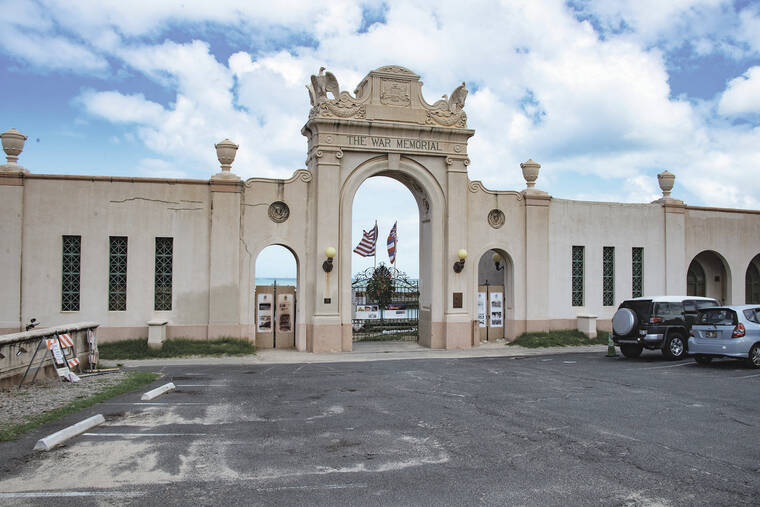The long-closed Waikiki War Memorial Natatorium has become a focal point for criticism as community members express frustration over proposals to tax homeowners with empty residences. The Natatorium, which has been shuttered since 1979, is viewed as an iconic structure that once served both local residents and millions of visitors to Hawaii. Critics argue that while discussions about taxing empty homes continue, the neglect of this historic site reflects a deeper issue within local governance.
In a letter to the Honolulu Star-Advertiser, resident Trevor Tyler Halawa pointed out that the Natatorium has been left to deteriorate for nearly half a century. He emphasized that the structure, meant to serve the state’s community and visitors, has been “eroding away” due to inaction. The sentiment echoed Halawa’s frustration with the lack of progress from local leaders, including Mayor Rick Blangiardi, and advocacy groups like the Friends of the Natatorium.
Calls for Action on the Natatorium
Halawa’s letter takes aim at the local government for prioritizing discussions about an empty homes tax over the revitalization of the Natatorium. He pointed out that decades of indecision have led to “huhu and hana kuli,” Hawaiian expressions for fuss and hubbub, which he believes have resulted in little to no action. Despite the Natatorium’s cultural importance, it has languished without significant efforts towards restoration.
Describing the situation, Halawa remarked, “What has nearly 50 years of ohea produced for the people of Hawaii? Nothing, so far.” This statement underscores the growing impatience among residents who feel that local officials need to shift their focus from punitive measures to restoring vital community assets.
The Community’s Perspective
The Natatorium’s closure has not only diminished a key recreational site but also impacted the local economy, which relies heavily on tourism. With millions visiting Waikiki annually, the potential for the Natatorium to attract visitors and enhance local pride remains untapped. The ongoing discussions about taxing empty homes only serve to highlight the discrepancies in local priorities.
Halawa’s letter serves as a wake-up call for the community and its leaders. He urges them to remember the proverb, “People who live in glass houses shouldn’t throw stones,” pointing out the irony of advocating for new taxes when existing community treasures remain neglected. The call for action is clear: revitalization of the Natatorium should take precedence over further taxation measures.
As the community reflects on its priorities, it remains to be seen whether local leaders will respond to this call for action. The Natatorium’s future could hinge on a renewed commitment to preserving Hawaii’s cultural heritage and enhancing the quality of life for its residents.





































































